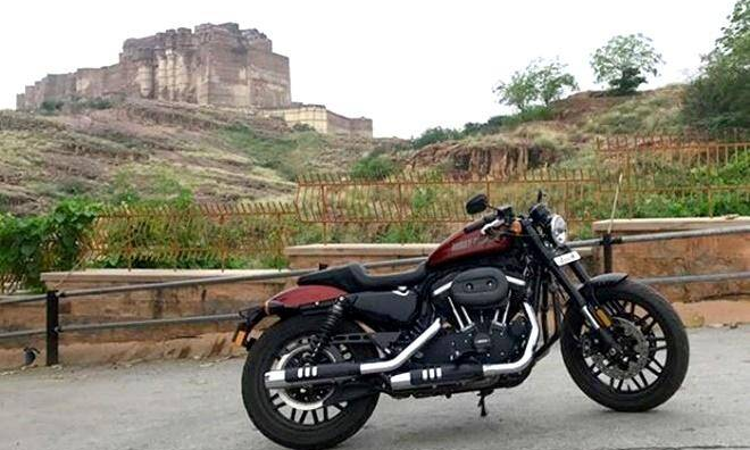Riding High-End Motorcycle Without Orientation May Be Negligence; But Not Intentional Self-Harm: NCDRC
Sparsh Upadhyay
12 Oct 2020 10:36 AM IST

Next Story
12 Oct 2020 10:36 AM IST
In a significant order, the National Consumer Disputes Redressal Commission (NCDRC) on Friday (09th October) held that an intentional self-injury cannot be inferred in a case where a person rides a high-end motorcycle without the necessary orientation.The order has been passed by a bench of Justice V. K. Jain (presiding member) while hearing a consumer complaint filed by the Wife of Late...
